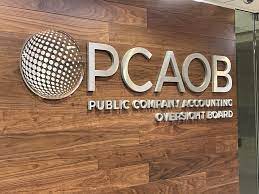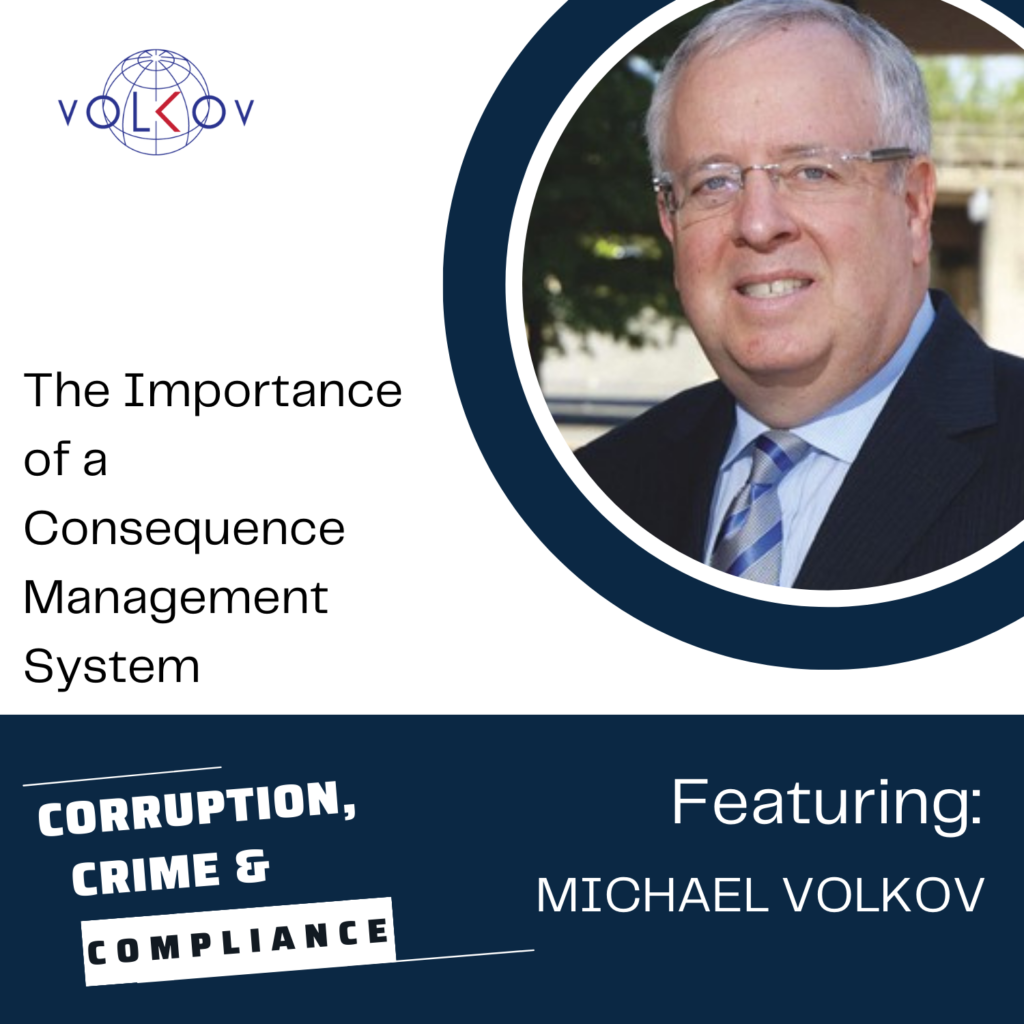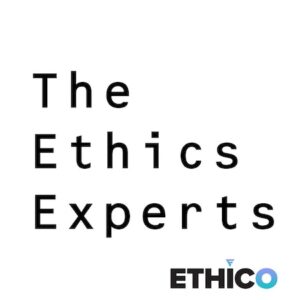In the realm of auditors intersecting compliance and fraud risk audits, a fierce battle of perspectives rages on. Compliance professionals yearn for a bigger role, a seat at the table to tackle potential compliance violations. Yet, as the storm brews, the audit community hesitates, fearing the unfamiliar waters of becoming compliance and legal violation experts. Brace yourselves, for the unexpected outcome lies just beyond the horizon.
Compliance professionals are generally accepting of the idea that audit firms might look for compliance violations, as long as the proposal includes meeting with the chief ethics and compliance officer and reviewing the state of the compliance program with the audit committee. Many auditors do not want the additional responsibility, claiming it is outside their area of expertise and the requirement will increase audit costs.
Other trade and industry groups have weighed in as well. The American Bankers Association said in a letter “With respect to the legal function, auditors may be put into a position to second-guess a company’s own legal counsel regarding whether noncompliance may have occurred. “With respect to the management function, the requirement that auditors perform ‘enhanced risk assessment procedures’ could result in auditors second-guessing how management allocates the company’s financial and human resources. This would not only blur responsibility between the legal, management and audit functions, but would also divert auditors’ time, attention and resources away from auditing financial statements.”
The group went on to note that “Various federal and state regulatory authorities in the United States have a responsibility to examine, monitor and, where appropriate, bring enforcement actions against companies that do not adhere to laws and regulations. Moreover, given the many and varied private rights of action available against corporations in the United States, companies are subject to even further scrutiny and liability for noncompliance.”
Stephen Foley, writing in the Financial Times, said that some companies have objected that the implementation of the proposal might negatively impact the attorney/client privilege. He wrote “companies said the new rules could mean more correspondence with their lawyers would have to be shared with auditors, with the result that it loses its legal privilege and could become evidence in litigation.” He cited to Ronald Edmonds, controller at the chemicals group Dow, that “Company personnel could be more hesitant to disclose legal violations to their counsel if they fear that the communication will not be privileged. Attorneys may also hesitate to prepare written analysis for their clients for fear that it would end up non-privileged and ultimately in the hands of a legal adversary.” Amy Johnson, controller at RTX said “The broad scope and volume of information that would be required to be shared with auditors is likely to encompass sensitive attorney advice.”
Conversely, PCAOB Chair Erica Williams told the FT, “Companies’ non-compliance with laws and regulations, including fraud, can really have devastating consequences for investors. This proposal is simply making sure that the protection investors think they’re getting today matches what the standard requires.” Foley cited to Brandon Rees, the AFL-CIO deputy director who said “All too often when a fraud is exposed, it rarely comes to light from the auditors. Auditing standards should require auditors to have uncomfortable conversations with management.”
The PCAOB will have to consider this feedback from its consultation period before deciding whether to push ahead with the proposal, or to amend or scrap it. Two of the five board members have said they are opposed to the new rules, but a simple majority is all that is needed. What are some of the issues that auditors may face if the proposed rule is enacted?
If auditors are mandated to assume more compliance responsibilities as per the proposal, there may be several challenges to address. One of the primary concerns is whether auditors have the requisite knowledge and training to identify and manage compliance violations efficiently. Furthermore, the elevated costs associated with hiring legal experts, coupled with the increased liability facing auditors can potentially create a barrier to the rule’s successful implementation.
The proposal has the potential to shape how audit firms approach their investigations into client companies, particularly with regard to compliance and legal violations. By requiring auditors to look more closely at non-compliance with laws and regulations, the proposal is intended to deliver more comprehensive audits and prevent financial fraud. However, the incorporation of duties usually performed by legal professionals into the auditing process could complicate the auditors’ role, potentially raising costs and increasing liability.
The proposed rule generates divided opinions between compliance professionals and the audit community. Compliance executives generally support the proposal, provided it includes engagement with the chief ethics and compliance officer, and necessitates a comprehensive review of the compliance program with the audit committee. On the contrary, most auditors, represented by the PCAOB, argue against the implementation of this rule, citing a lack of necessary expertise to identify compliance violations, and increased burden of audit fees.
If auditors are mandated to assume more compliance responsibilities as per the proposal, there may be several challenges to address. One of the primary concerns is whether auditors have the requisite knowledge and training to identify and manage compliance violations efficiently. Furthermore, the elevated costs associated with hiring legal experts, coupled with the increased liability facing auditors can potentially create a barrier to the rule’s successful implementation.
Compliance professionals and the audit community clash over a proposed rule on auditors reporting compliance violations. As tensions rise and perspectives collide, can these two groups find common ground or will they remain at odds, leaving the fate of the proposal uncertain?







